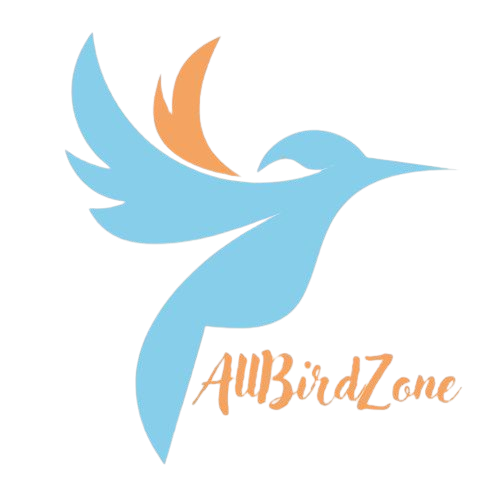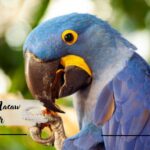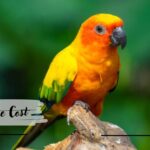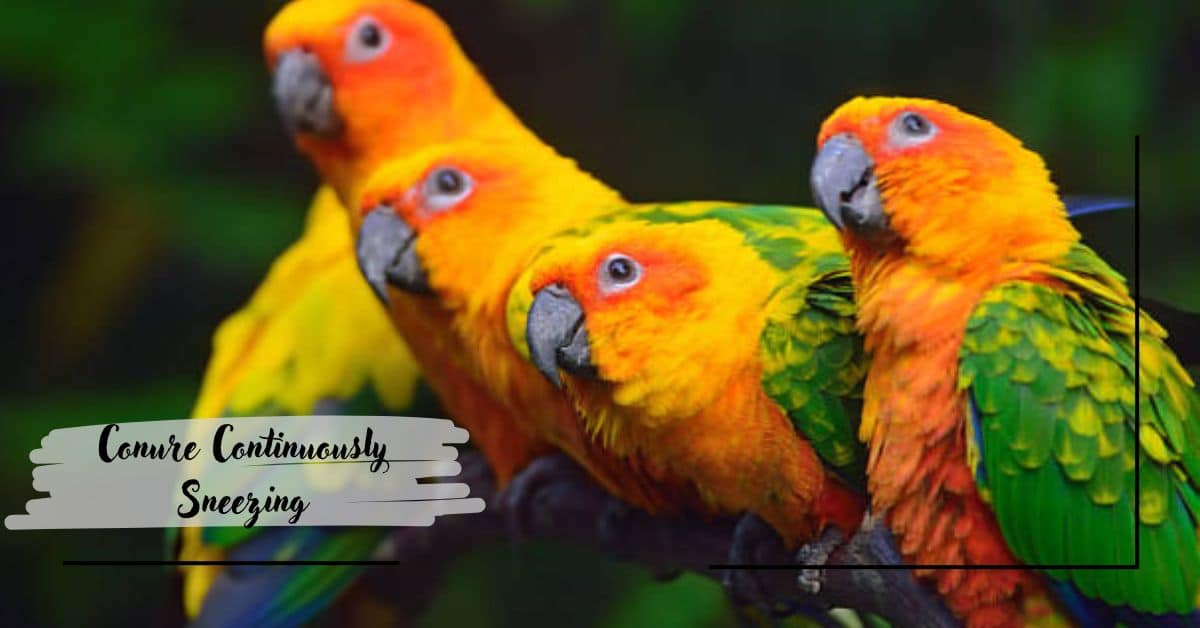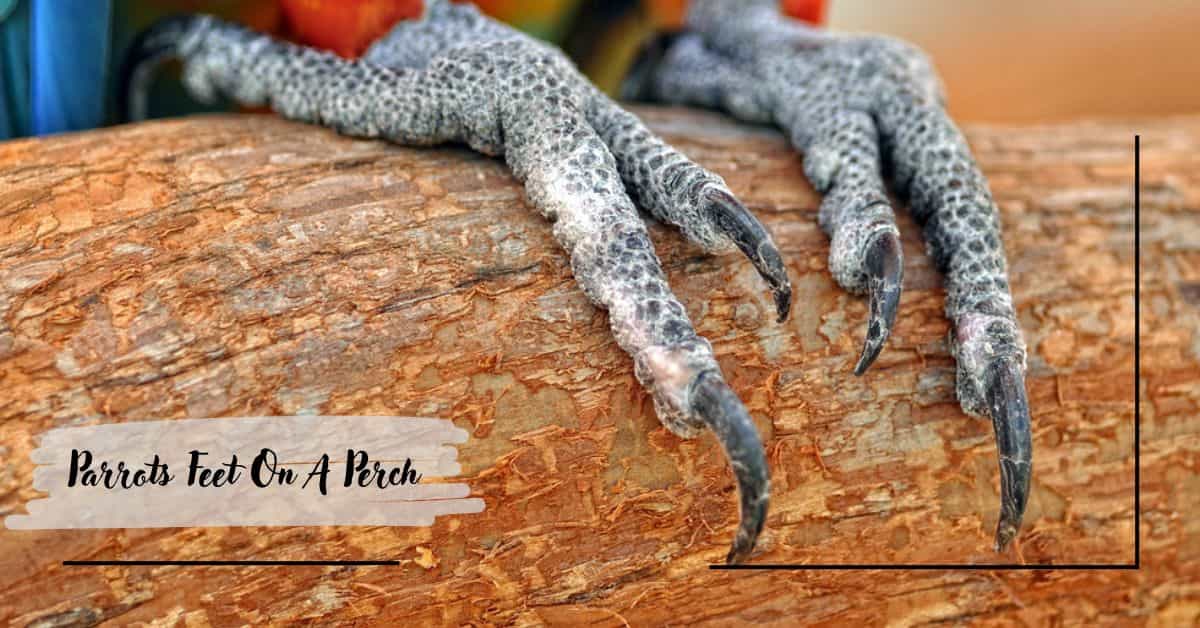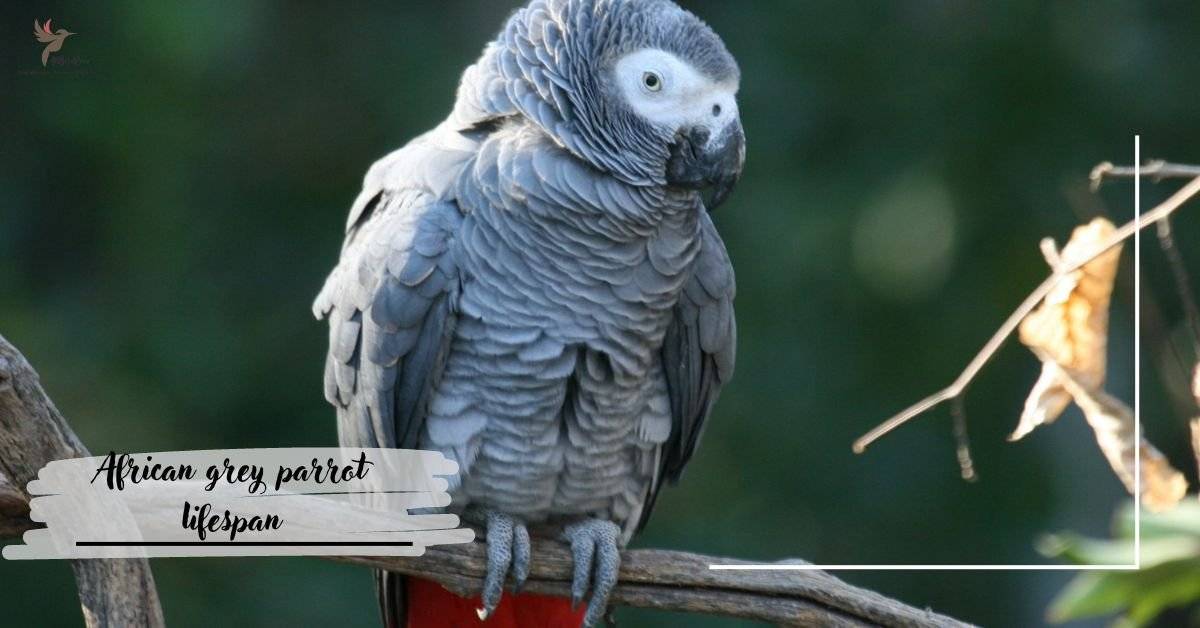
Any Insight to macaw wasting disease? I have faced alot of people suffering their pets with this disease so finally here it is in this blog we will discuss about this macaw wasting disease that what actually it is , How this Disease came to life and what are the possible solution to defeat with this disease.
Macaw wasting Disease!
It is also known as Proventricular Dilatation disease (PDD) or Avian Borna Virus Infection, Despite its name any pet bird can be infected with this disorder. Other Birds Who are Susceptible to macaw wasting disease are cockatoos, conures, and African, Asian, and Eclectus parrots.
History
This Disease is First Recognized in the early 1970’s PDD was originally called “Macaw wasting Disease” as the Disease caused the gradual wasting away of Macaws, Since that time, the disease has been found to effect more than different species of pet birds. It is found most commonly in Macaws and African Grey Parrots, Amazon Parrots, conures and cockatoos.
What is proventricular dilatation disease/Mcaws Wasting Disease?
Proventricular dilatation disease (PDD) is a condition that affects the nerves supplying the gastrointestinal tract of birds, especially the proventriculus or true stomach. Nerves supplying other organs may also be affected, and in some cases, encephalitis (inflammation of the brain) may occur.
Symptoms of Macaw Wasting Disease in Birds Symptoms of PDD can be quite severe. Birds affected can have various symptoms or all of the following symptoms.
They include:
- Increase is appetite followed by continuous Weight Loss
- Undigested Food in the droppings (i.e, whole seeds are passed out)
- Regurgitation (swallowed food brought back to oral cavity)
- Tremors
- Convulsions
- Weakness
- Ataxia (Staggering gait)
- Blindness
- Gastrointestinal upset or irritation
Treatment of Macaw Wasting Disease in Birds
If your bird is diagnosed with PDD, a specific treatment plan will need to be followed. Unfortunately, there is no definite treatment for this disease, and many birds die because of this disease. There are ways, however, to minimize his symptoms and, hopefully, help him heal. Treatment methods may include:
Dietary Changes Introducing foods that are very easily digested can help.
Isolation If your bird is affected by PDD, he will need to be isolated for a little while. This disease does not live long in the environment, but it is very important that affected birds are kept away from healthy birds.
Living Condition Changes A clean environment with good hygiene is important to prohibit the disease from spreading within the home. Also, ultraviolet light can help limit the spread of this disease.
Medications Your veterinarian may recommend an anti-inflammatory medication such as meloxicam or celecoxib. These NSAIDS can help your bird adjust to the new diet and decrease any inflammation and pain your bird may be suffering from.
FaQ’s
Here are some frequently asked questions (FAQs) about Macaw Wasting Disease:
1. What is Macaw Wasting Disease?
Macaw Wasting Disease is not a specific diagnosis, but a term used to describe the symptoms of severe weight loss and other health issues in macaws. It can result from several underlying conditions such as infections, nutritional deficiencies, parasites, organ disease, or neurological disorders like Proventricular Dilatation Disease (PDD).
2. What are the common symptoms of Macaw Wasting Disease?
Common symptoms include:
- Severe weight loss despite a normal or increased appetite.
- Lethargy or unusual fatigue.
- Feather plucking or other signs of stress.
- Poor feather condition (e.g., dull or missing feathers).
- Digestive issues like diarrhea or vomiting.
- Regurgitation (especially in PDD).
- Changes in droppings, such as watery or undigested food.
3. What causes Macaw Wasting Disease?
The disease is caused by a variety of potential factors, including:
- Nutritional deficiencies, particularly lack of vitamins (e.g., Vitamin A) or amino acids.
- Chronic infections (bacterial, viral, or fungal).
- Parasites (internal parasites such as worms or protozoa).
- Organ failure (liver, kidney, or heart disease).
- Neurological diseases (such as Proventricular Dilatation Disease or PDD).
- Cancer or tumors affecting the gastrointestinal tract or other organs.
- Stress or environmental changes affecting the bird’s well-being.
4. What is Proventricular Dilatation Disease (PDD), and how does it relate to Macaw Wasting Disease?
PDD is a viral condition caused by Avian Bornavirus (ABV), which affects the gastrointestinal and nervous systems. It is one of the most common causes of macaw wasting disease. PDD damages the nerves that control digestion, leading to malabsorption of nutrients, regurgitation, weight loss, and other digestive symptoms.
5. How is Macaw Wasting Disease diagnosed?
A veterinarian will typically perform:
- Physical examination to assess overall health.
- Blood tests to check for infections, nutritional imbalances, or organ dysfunction.
- X-rays or ultrasound to examine internal organs.
- Fecal tests to check for parasites.
- Endoscopy or biopsy to examine the digestive system if PDD or other conditions are suspected.
6. Can Macaw Wasting Disease be treated?
Treatment depends on the underlying cause. Some treatments might include:
- Antibiotics, antifungals, or antivirals for infections.
- Parasite treatments if the bird has a parasitic infestation.
- Vitamin and mineral supplementation for nutritional deficiencies.
- Supportive care such as fluid therapy and tube feeding if the bird is unable to eat.
- Medication or surgery for organ disease or tumors.
- Environmental adjustments to reduce stress.
7. Can Macaw Wasting Disease be prevented?
While not all forms of macaw wasting disease can be entirely prevented, the following measures can reduce the risk:
- Balanced diet: Ensure the bird receives a varied and nutritionally complete diet, rich in fresh fruits, vegetables, and pellets designed for macaws.
- Regular veterinary check-ups: Early detection of health issues is crucial.
- Parasite control: Regular fecal testing and deworming as needed.
- Minimize stress: Provide a stable, enriching environment for your macaw.
- Avoid exposure to sick birds: Quarantine any new birds and limit contact with unknown or sick birds.
8. Can Macaw Wasting Disease be contagious to other birds?
Some causes of wasting disease, such as Proventricular Dilatation Disease (PDD), polyomavirus, or certain bacterial infections, can be contagious to other birds. It’s important to isolate infected birds and consult with a veterinarian for proper handling and precautions.
9. How long can a macaw live with wasting disease?
The prognosis depends on the underlying cause of the wasting. With early diagnosis and proper treatment, many birds can recover from conditions like nutritional deficiencies or parasitic infections. However, diseases like PDD or advanced organ failure can be more challenging to treat, and survival rates can vary. In general, the earlier the condition is diagnosed and treated, the better the chances for a positive outcome.
10. Should I take my macaw to the vet if I notice weight loss?
Yes, if your macaw is experiencing unexplained weight loss, you should seek veterinary care immediately. Weight loss is often a sign of an underlying health problem, and early intervention is crucial for the best chance of recovery.
11. How can I support my macaw during treatment for wasting disease?
- Provide a high-calorie, nutritious diet (including hand-feeding or tube feeding if necessary).
- Maintain a calm and stable environment to reduce stress.
- Ensure access to fresh water at all times.
- Follow your vet’s instructions carefully for any medications, supplements, or treatments.
- Monitor your bird’s condition closely and report any changes to the vet.
12. Is Macaw Wasting Disease always fatal?
No, not always. While certain forms of macaw wasting disease (especially neurological or organ-related issues) can be severe or fatal if left untreated, many cases of weight loss in macaws can be reversed with prompt and appropriate treatment, especially if the cause is nutritional or parasitic. The prognosis varies depending on the underlying issue and how early it’s caught.
While certain forms of macaw wasting disease (especially neurological or organ-related issues) can be severe or fatal if left untreated, many cases of weight loss in macaws can be reversed with prompt and appropriate treatment, especially if the cause is nutritional or parasitic. The prognosis varies depending on the underlying issue and how early it’s caught. If you suspect your macaw may have wasting disease, it’s essential to act quickly and consult with an experienced avian veterinarian to get a clear diagnosis and the appropriate care. If you suspect your macaw may have wasting disease, it’s essential to act quickly and consult with an experienced avian veterinarian to get a clear diagnosis and the appropriate care.
